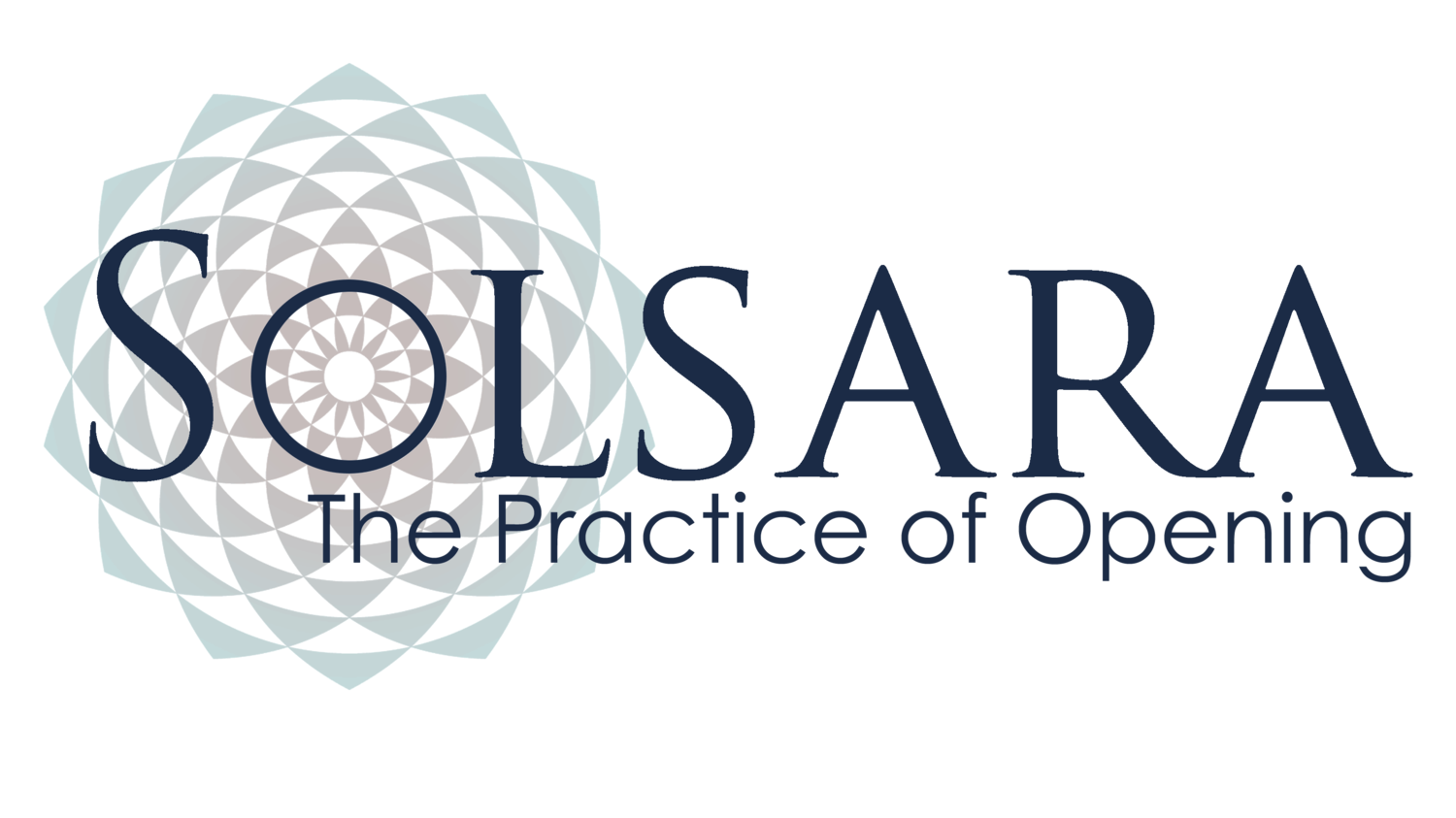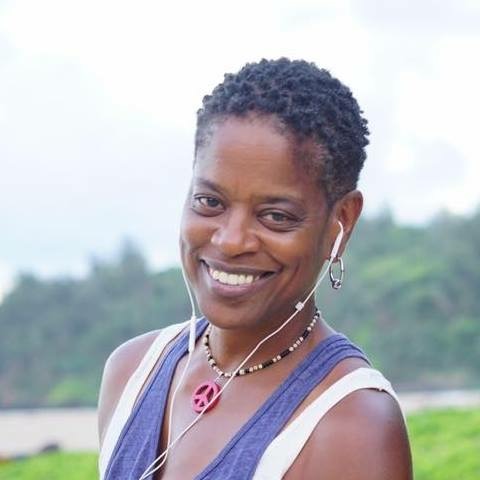“I am not truly free if I am taking away someone else’s freedom, just as surely as I cannot be free when my freedom is taken from me. The oppressed and the oppressor alike are robbed of their humanity.”
INTERRUPTING WHITENESS
An interpersonal embodied examination of our racialized lives
Interrupting Whiteness is a weekend gathering to help advance love and justice towards remembering our shared humanity, liberation, and healing.
We seek to do this by increasing our understanding of how whiteness functions personally and interpersonally in our daily lives. While we recognize intersectionality, in this workshop we specifically examine whiteness as the master narrator in shaping and upholding systemic oppression.
Our goal is that by coming together interracially, we can more effectively examine and dismantle white supremacy and racism.
Whiteness does not simply refer to skin color but an ideology based on beliefs, values, behaviors, habits and attitudes which result in the unequal distribution of power and privilege based on skin color. Whiteness represents a position of power where the power holder defines social categories and reality—the master narrator.(1)
OUR APPROACH
Throughout the weekend, we will weave between informative education and experiential exercises in affinity groups, triads, whole group, and quiet reflection and journaling. We will employ techniques in mindfulness and somatic awareness, exploring what it’s like being with ourselves while being with each other. We recognize that deep change happens when we are embodied, aware, and relational. We trust human-to-human vulnerability is our key to connection. Our hope is that what we feel and learn about ourselves and each other will integrate into our bodies and deepen our resolve and resiliency to create change personally and societally.
Read more about the inspiration for this event from the creators of Solsara HERE.
WHY WHITENESS?
While we may feel strongly opposed to racism, it is easy for us to fail to recognize that our lives are based on a system of white supremacy that is woven into the fabric of our society, internalized by all of us.
Those of us who are white can have a hard time recognizing its impact or knowing what we can do about it. As agents of racial oppression, “the question that white people need to ask ourselves is not if we were shaped by the forces of racism, but how.”(2)
In a white supremacist system, those of us who are Black, Indigenous, and People of Color (BIPOC) may struggle to own our experiences in the face of the ignorance and fragility of others and in our own internalized racism. As targets of racial oppression, the question that BIPOC need to ask ourselves is not if we were shaped by the forces of racism, but how.
While white people may not recognize how we perpetuate systemic oppression, BIPOC may be challenged to know ourselves outside the distress of oppression.(3)
THE CURRICULUM
“Interrupting Whiteness” is a learning intensive endeavor. Throughout the weekend we will weave between informative education and experiential learning modalities--journaling, quiet reflection, somatic noticing, film, triads, affinity groups, and whole group discussion-- to examine subjects such as:
A history of whiteness
Our racialized identities
Racialized trauma and our brains and bodies
White fragility
Internalized racism
Interrupting racist behavior
WHO IS THIS FOR?
This workshop is open to anyone impacted by whiteness and interested in exploring our racialized lived experience.
HOW TO SHOW UP
We encourage us all to bring a strong willingness to broaden our awareness beyond our current understanding of racism and how whiteness and white supremacy show up in our bodies and behaviors. And yet, please be mindful that there will be a variety of people present with different levels of racial literacy, experience, and harm. Come to this event resourced, capable of emotional resilience, ready to hold responsibility and care for your own experience, and having explored the prerequisite material (linked below).
WHAT TO BRING
A Journal
Saturday is a working lunch. Please bring your own lunch to remain in active connection. Light snacks will be provided throughout the event, but we encourage you to bring anything you need to feel nourished during our time together.
Prerequisite Material LINKS
Seeing White - Listen to 3 segments OR entire podcast
Deconstructing White Privilege with Dr. Robin DiAngelo (20m)
Famous Last Words (MawMaw)
What is Internalized Racism by Donna K. Bivens [For BIPoC] - Read pages 43–46 OR entire eight-page document.
FACILITATORS
Ricci and Abigail are long time educators and intentional relators. Each have participated in Solsara both as students and assistants, many times over many years. The Solsara Leadership team feels honored to welcome them as facilitators of this formative training.
Ricci, M.S., M.Ed is a Sociology instructor at Portland Community College (PCC) and a long-time racial justice equity worker. Since the 1990s they have designed curriculum, facilitated, coached, collaborated with, and trained a wide variety of individuals, organizations, and community groups in anti-racism dialogues and strategies including the City of Portland, The People's Institute for Survival and Beyond, PCCs Transforming White Privilege in Leadership, Solsara’s Exploring Whiteness, co-founding campus-based Purposeful Dialogues About Race, and founding district-wide Whiteness History Month: Context, Consequences, and Change initiative. To the task of inter-group racial justice, Ricci brings lots of heart and compassion for the racialized human experience believing vulnerability a key to connection, somatic noticing a window into shared humanity, relating authentically a vehicle for grace, and the aim of prefigurative politics— as present-moment imaginative work— vital for embodying the change we seek.
Abigail Leeder, M.A. is an arts based educator passionate about theatre and community building as tools for social change. Since 2005, when she graduated with a degree in Drama Therapy from the California Institute of Integral Studies, she has worked at the University of Oregon where she serves as the Director of Experiential Education and Prevention Initiatives. In this role she founded and directs "Rehearsals for Life,"a graduate student theatre ensemble that addresses issues of equity and inclusion based on the "Theatre of the Oppressed" model. Abigail is one of the co-creators the annual "What's Up With Whiteness?" at the University of Oregon. Other past professional experience includes serving as the director of Sexual Violence Prevention at UO and as a drama therapist with incarcerated women in Oakland, CA. Abigail is committed to exploring and educating her self and others about anti-oppression and anti-racist action in embodied and dynamic ways. She has been involved in the Solsara community since living at Lost Valley Educational Center and taking Naka-Ima in 2000.
Registration and Tuition
This workshop is offered on a sliding scale with the emphasis of self selecting your contribution level to cover the costs of the event. Tuition for Portland and Eugene are different because the costs of event production are higher in Portland.
Here are the sliding scale options:
Supported is for people with currently limited resources who will avoid further hardship while benefiting from access supplemented by the community.
Covering Costs is for people with mostly sufficient resources. You are in this category if you are generally able to pay your bills, have a bank account, etc. We budgeted for roughly one-third of the attendees to choose this option.
Supporting is for those with more than enough resources (personal or institutionally supported). This is your tuition if you are generally able to take a vacation that involves airfare and hotels. We budgeted for roughly one-third of the attendees to choose one of these options.
FOOTNOTES
(1) Compiled definition from C.G. Woodson 1933; M. Frye 1983, and P. Kivel 1996
(2) DiAngelo, R. (2018). White Fragility: Why It's So Hard for White People to Talk About Racism
(3) “Know Yourself Outside the Distress of Oppression” is the first realm of the Be Present, Inc.
Transforming the World One Voice at Time, leadership Empowerment Model.



